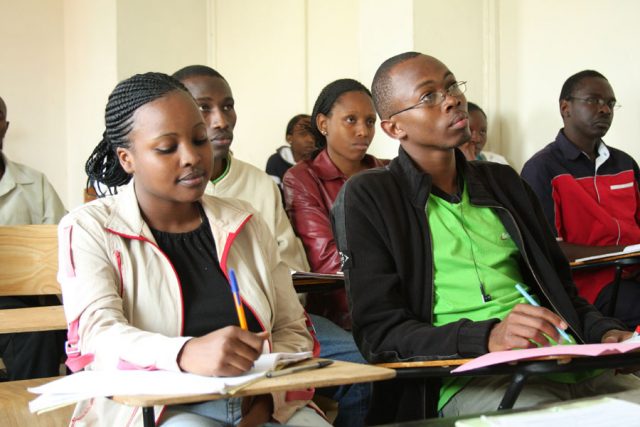- For many students, this is more than just a technical glitch; it represents a significant setback in pursuing their careers, as they view universities as places for intellectual, social, and personal growth.
While walking through the corridors of many universities, you might overhear comrades complaining about missing marks or sharing experiences of their peers regarding the same issue. This represents one of the challenges they face in their journey toward earning degrees, which they consider a gateway to a brighter future.
What exactly are missing marks, and why do many students fear them? Students often find themselves in situations where they sit for exams, complete required coursework, finish Continuous Assessment Tests, and attend all lectures, only to discover that their marks are missing when results are released or absent from the final graduation list—especially in public universities.
Missing marks are typically attributed to administrative errors, technical glitches, and miscommunication between students and their respective lecturers. However, the consequences can be dire, leading to financial and time constraints. Retaking courses, delayed progress, emotional strain, and postponed graduation timelines are among the devastating implications of missing marks.
Despite some institutions having digital advancements and systems in place to track students' academic progress, the problem of missing marks remains prevalent. This often leads to frustration, helplessness, confusion, and mental breakdowns, as students navigate the bureaucratic maze of university administration to correct their marks.
For many students, this is more than just a technical glitch; it represents a significant setback in pursuing their careers, as they view universities as places for intellectual, social, and personal growth.
Read More
To address the issue of missing marks, universities must implement more efficient systems for handling student data, tracking grades, and ensuring that grades are recorded and uploaded promptly. This is essential for effectively managing large student populations.
Establishing support services that guide students through the resolution process is crucial; these services should be readily available, accessible, and responsive. Universities should also foster clear communication channels, allowing students to feel comfortable reporting issues and seeking help regarding challenges that lead to missing marks. A well-defined protocol for swiftly resolving these issues will play a significant role in restoring student trust in university systems.
As student voices grow louder each day, it is imperative for universities to address the problem of missing marks with the urgency and care it deserves. Every student has the right to have their hard work recognized and to ensure their future is free from anxiety, frustration, and unfairness caused by administrative errors.


-1770306232-md.jpg)



-1770306232-sm.jpg)

